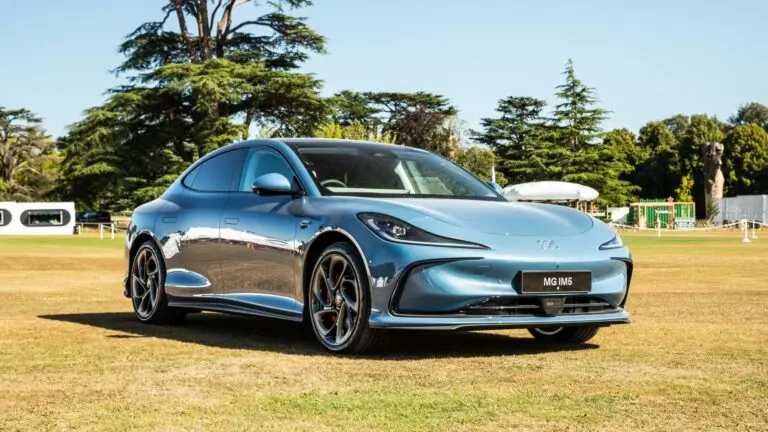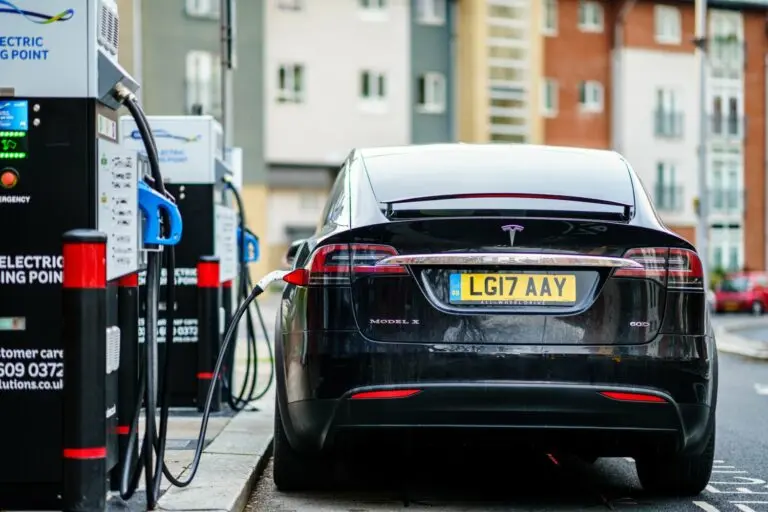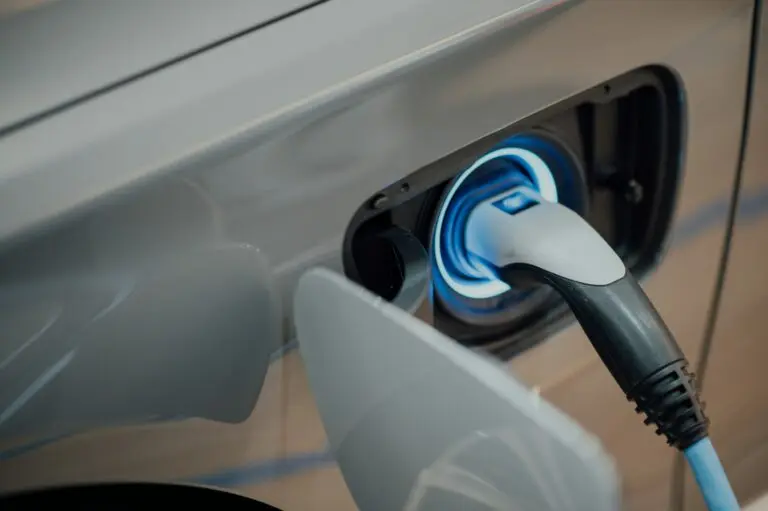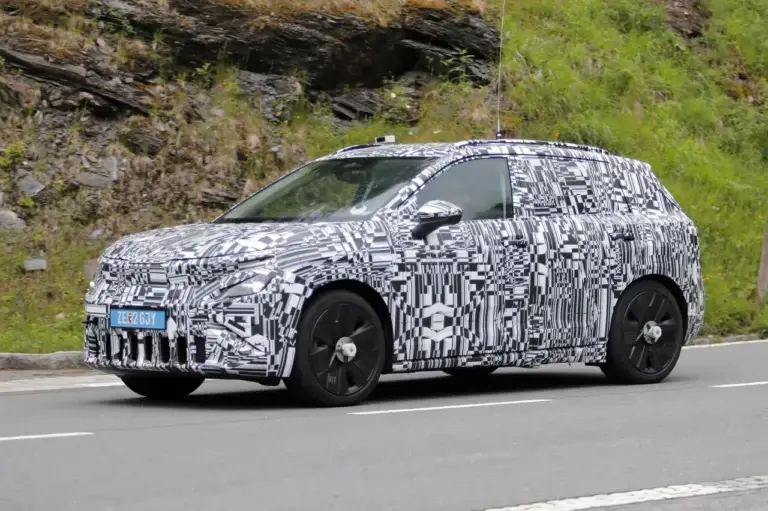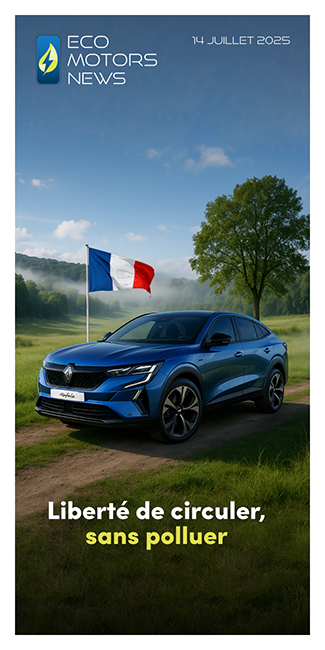Launched with great fanfare on 1 January 2024, social leasing for electric cars was a victim of its own success. The government scheme, which enables low-income households to lease an electric vehicle for as little as 100 euros a month, will make a comeback from 30 September next year, the Ministry of the Economy announced on 15 July 2025. The aim is to widen access to electromobility while supporting the growth of the French automotive industry.
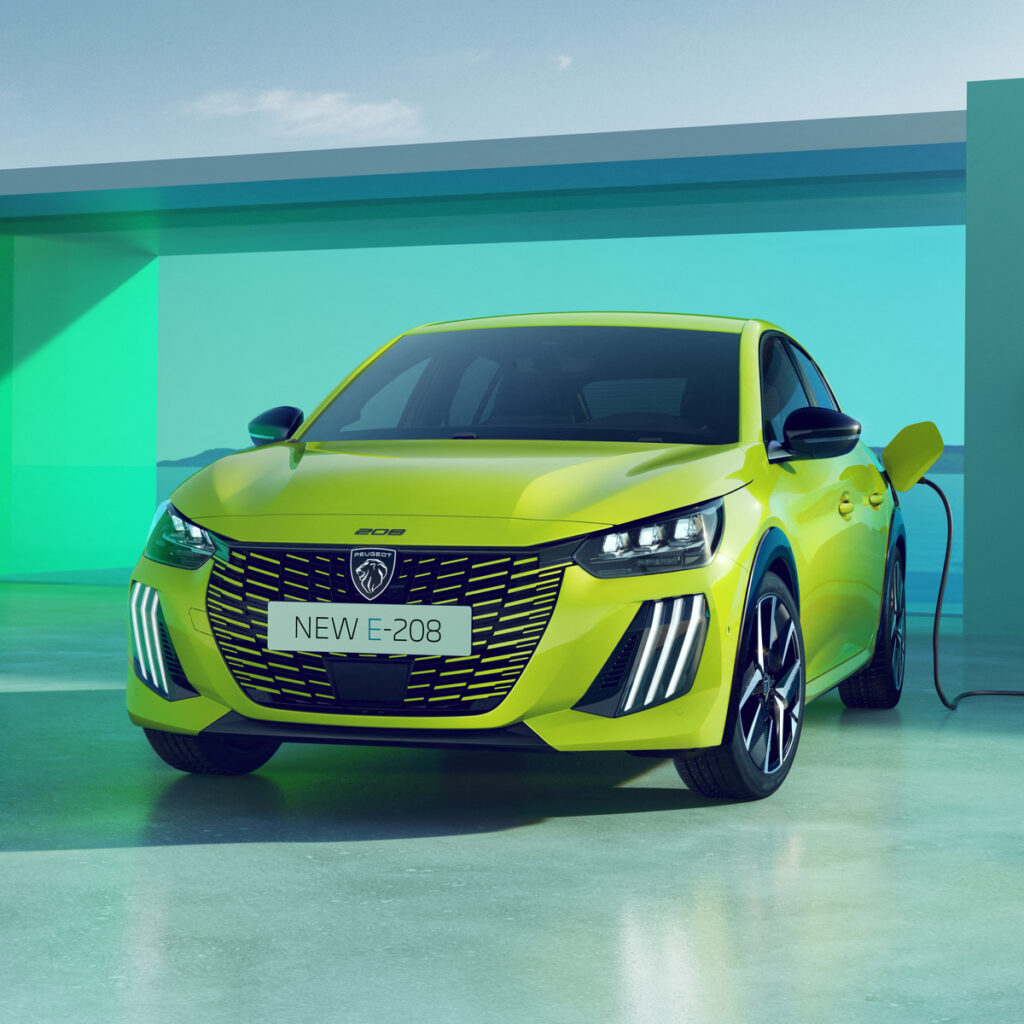
A better prepared recovery
The scheme was a huge success from the outset, with around 90,000 applications registered in just six weeks, for just 25,000 vehicles available. Faced with this saturated situation, the government suspended the scheme just a month and a half after its initial launch, on 15 February 2024… The government has therefore taken the time to structure the scheme and, above all, to coordinate with the players in the market concerned to ensure that social leasing is implemented effectively from the following year, 2025.
This time, the executive is thinking bigger: 150,000 vehicles will gradually be made available over the next two years. Manufacturers, for their part, are being encouraged to offer models produced in France or Europe in order to benefit from the public aid, in a bid to promote industrial sovereignty. Renault, Stellantis and others should therefore be adapting their offerings from the autumn.

More social electrification
Reserved for low-income households that use their car mainly for home-to-work journeys, social leasing is also intended to bridge a persistent divide: the gap between those who can afford to buy an electric car and those who can’t… The scheme targets French people whose annual household income is less than €15,400 per participant, who drive more than 8,000 km a year, and who also live a long way from public transport… The criteria are certainly numerous, but this scheme can probably resolve a few thousand situations…
In the midst of the energy transition, this relaunch of the social electric leasing programme is an attempt to speed up the conversion of the French car fleet while taking social realities into account. It remains to be seen whether the available supply will match demand. For the executive, the challenge is clear: electric cars must not remain a luxury.



